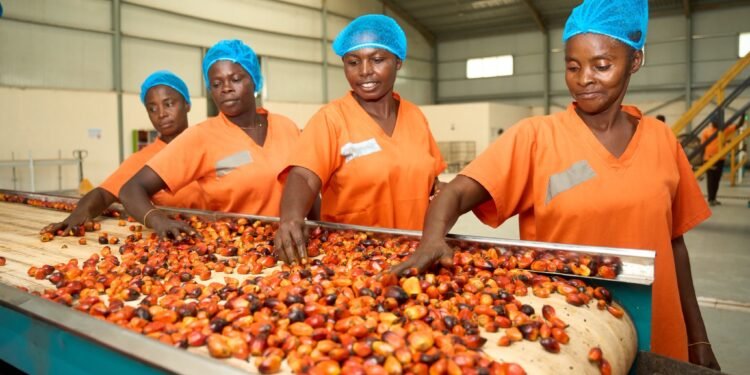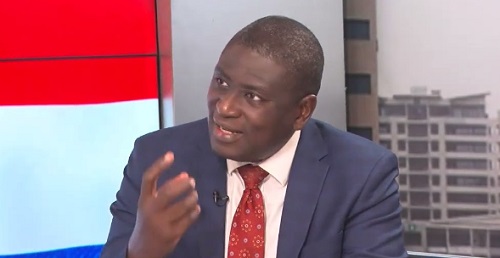Deloitte Ghana has advised the government to learn from countries that have introduced comparable digital taxes like Ghana’s.
According to the financial advisory firm, the lessons will be unavoidable in guaranteeing the levy’s proper implementation. The firm suggested that the government should look into additional options for bringing the informal sector into the tax net, other than the proposed E-levy in the budget.
“We recommend that as the government works on designing an implementation framework for the E-levy, it also draws on lessons from the challenges other countries have encountered with the imposition of similar digital levies.
“More importantly, it is our view that, Government explores other means of roping in the informal sector into the tax net which targets actual income generated by the informal sector players. If at all the E-levy is implemented, Government could consider making this policy a temporary measure to avoid the erosion of gains made in the financial inclusion policy.”
Kwabena Situ,Associate Director, Deloitte
The financial advisory firm continued to explain that the government’s plan to replace TINs with Ghana Cards and merge the National Identification Authority (NIA) numbers with Ghanaians’ Social Security and National Insurance Trust (SSNIT) numbers will help expand the tax net by offering unique identifiers for all transactions and increase revenue mobilization.
“Government’s initiative to introduce a Unified Common Platform to facilitate property tax assessment and collection is timely, as such a digitized platform will enhance revenue mobilization from property tax and increase overall revenue. According to Ghana’s 2021 Population and Housing Census, there are over 10.7 million structures in Ghana of which only a handful are in the database of MMDA’s for the purposes of property rates. This means there is some potential for government to make some significant revenues if property taxes are properly implemented and administered.”
Kwabena Situ, Associate Director, Deloitte
E-levy and benchmark values to increase revenue
Deloitte indicated that the new policies to be introduced by the government will increase the projected revenue in 2022. This is based on the finance minister’s presentation of the budget that suggested the government plans to implement a 1.75 percent electronic transaction levy (E-Levy) on mobile money payments, merchant payments, and inward remittances, and also the restoration of the benchmark values of imports through the suspension of the 50 percent discount on selected general goods and the 30 percent discount on vehicles.
According to the finance minister, total revenue is expected to reach about $100 billion in 2022, up from a revenue amount of 72 billion in 2021. This equates to a 39 percent rise in predicted revenue and a 43 percent increase in projected results in 2021.
GDP to grow modestly over the medium term
Deloitte has expressed real GDP is likely to grow modestly over the medium term, owing to the government’s medium-term revitalization program. Moreover, the government has forecasted a real Gross Domestic Product of 5.8% for 2022.
This growth will be achieved through strong agricultural modernization agenda, an industrialization and manufacturing program, an aggressive FDI promotion campaign, and a robust digitization drive for more excellent service delivery and economic formalization.
“The expected increase in prices of major commodities such as gold, crude and cocoa could have positive impact on the economy as demand increases following increased economic activities in advanced economies. Government should aggressively pursue programs aimed at increasing production and export of these commodities.”
Kwabena Situ, Associate Director, Deloitte
Read Also: Imbalance in SSNIT finances, help them- The Africa Centre for Retirement Research























